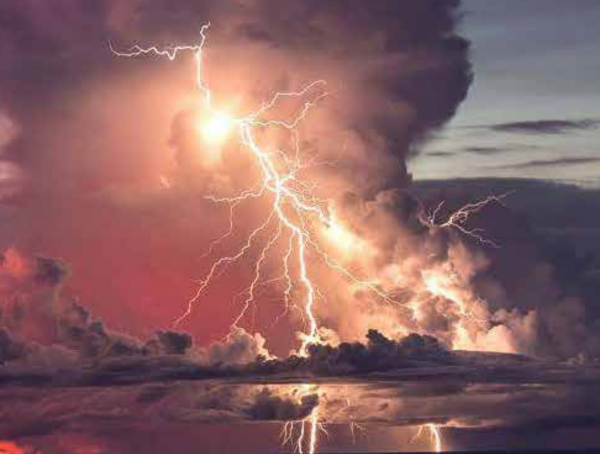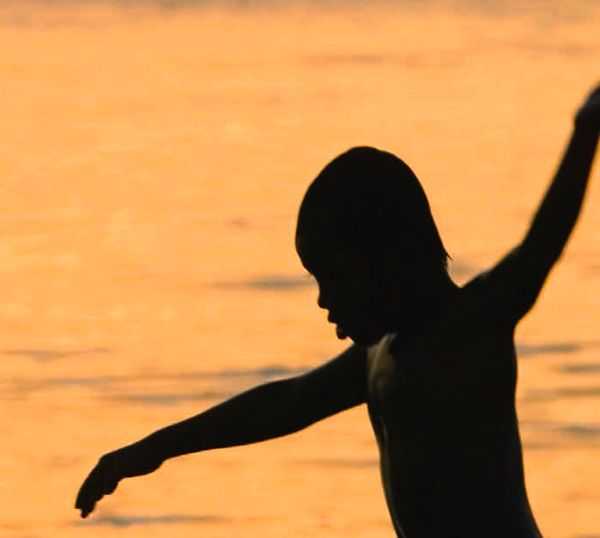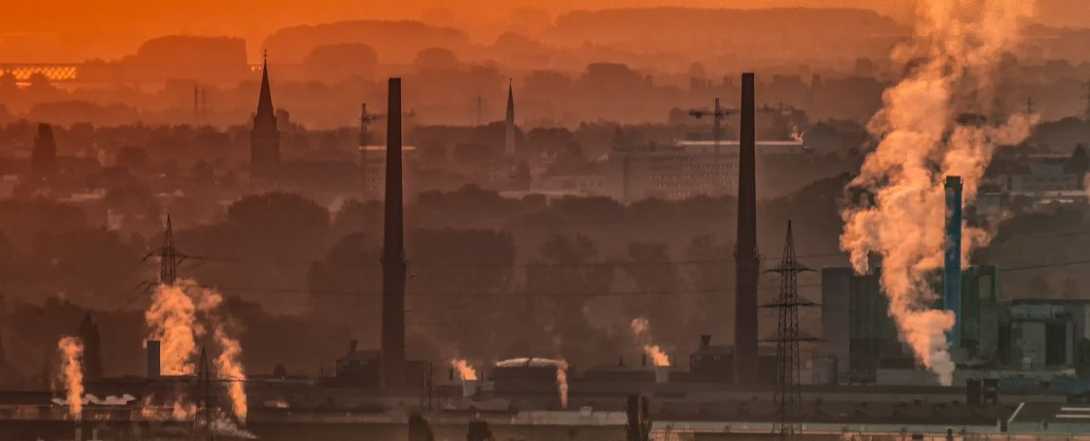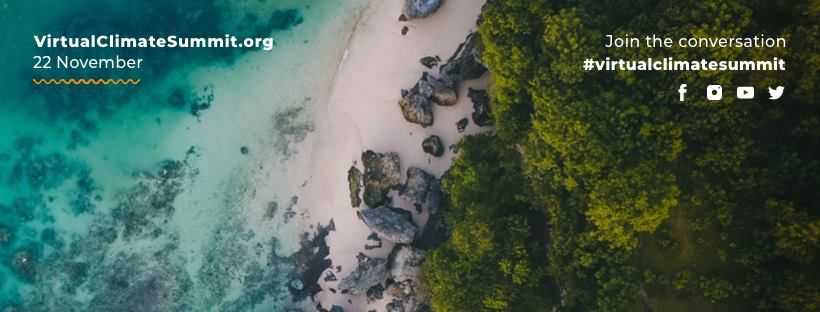
SmarTalk Project is a branded campaign launched in 2018 by the international cultural company Gruppo Jobel, headquartered in Rome. It promotes a range of creative activities aimed at raising awareness, engagement, and commitment across civil society in line with the 17 Sustainable Development Goals (SDGs) laid out in the United Nations' Agenda 2030.
We recognize that the current development model is no longer sustainable for the planet and humanity. Through this Agenda, we are committed to building a new worldwide sustainable system, one which will allow us to: end poverty and hunger; ensure dignity end equality; protect our planet’s natural resources; fight climate change; provide prosperous, fulfilling lives in harmony with nature; and cultivate peaceful, fair, and inclusive societies for the good of present and future generations.
To achieve this lofty goal, we must implement the Agenda through a comprehensive global partnership encompassing every aspect of civil society (as the UN suggests in Goal 17). One of the most challenging points will be involving local communities in the SDGs program.
The SmarTalk Project aspires to merge high-quality expert knowledge with the communication skills of artists and performers to produce a distinct cultural force capable of impacting as many everyday people as possible. Its prime objective is the fulfillment of the Agenda 2030 strategy by means of creative and artistic languages.
The project strives to produce several independent events in collaboration with local and international partners—events tailor-made for different cities all around the world—to foster a sustainable cultural network to promote knowledge surrounding the SDGs within a few years.
In 2019, we will be delighted to launch the first three platforms: SmarTalk Rome (Italy, Europe), SmarTalk Bangkok (Thailand, Asia) and SmarTalkMontreal (Canada, North America).
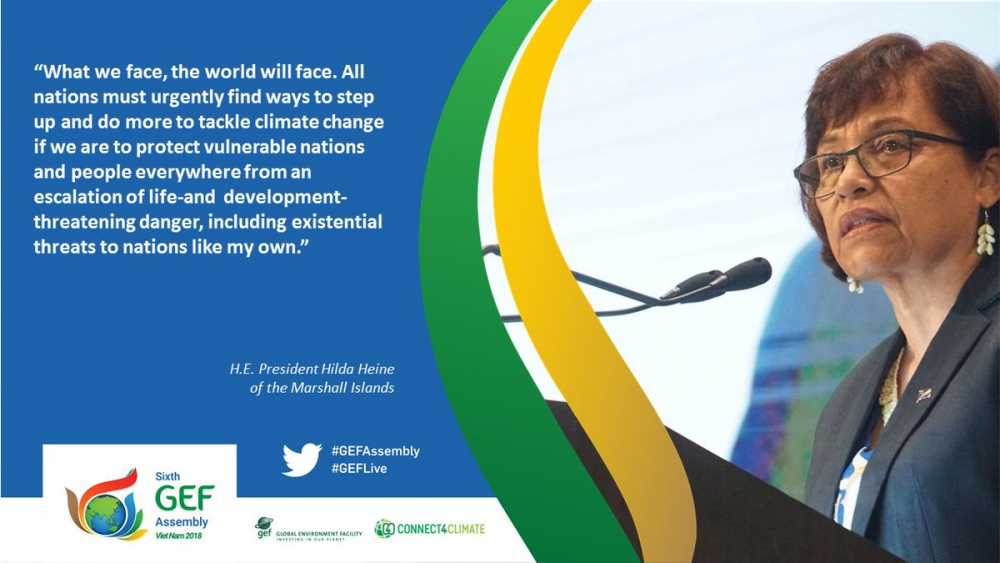
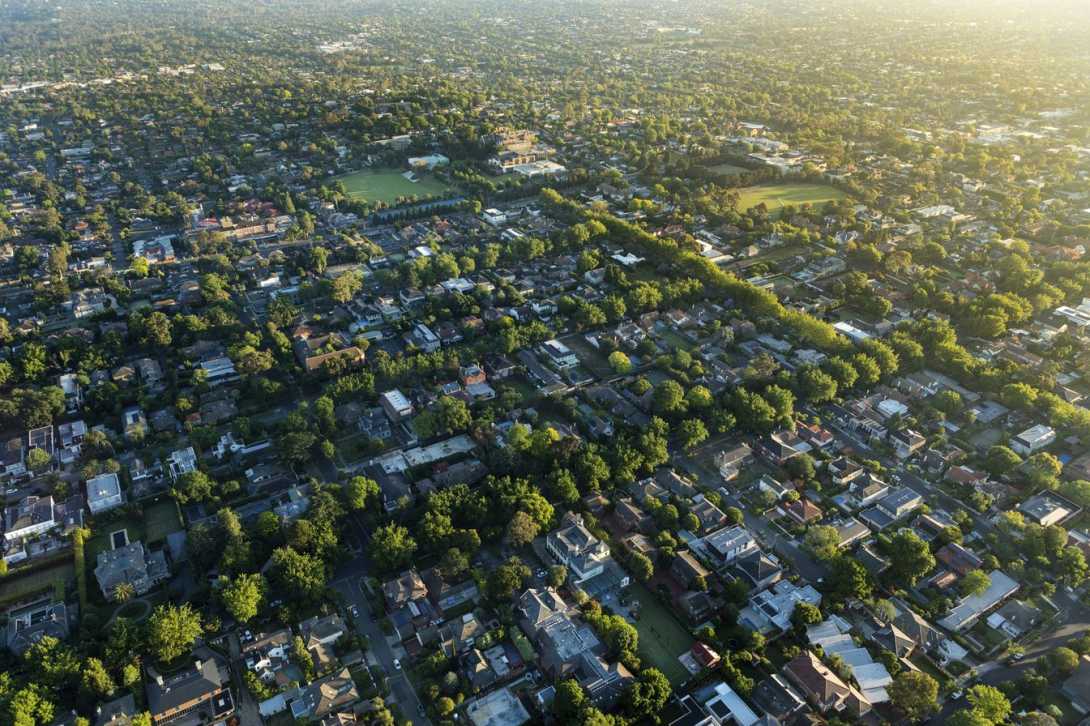
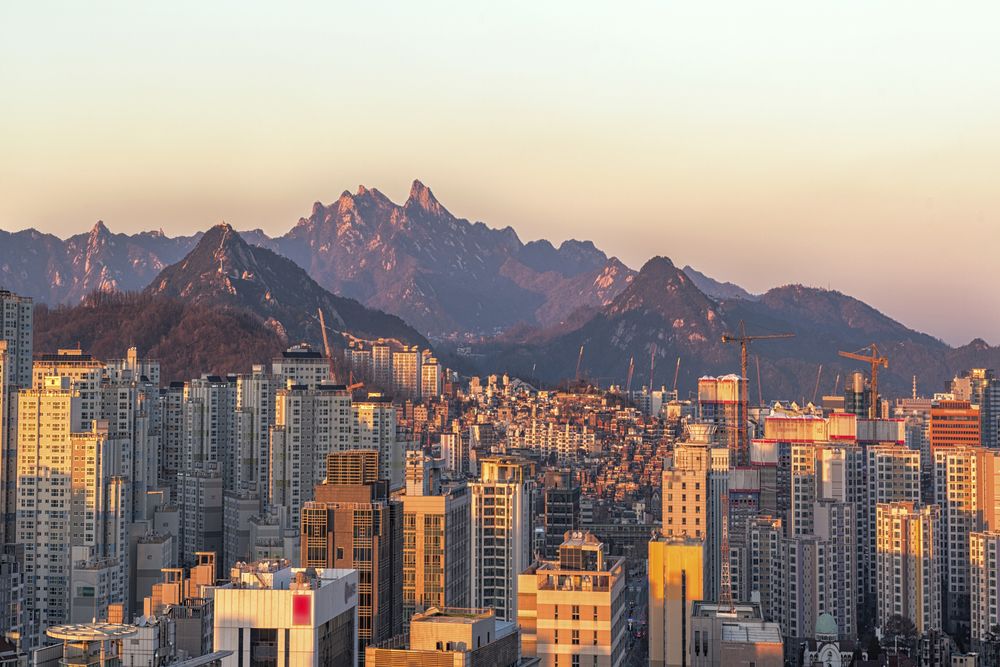 Bukhansan National Park rises up behind the cityscape of Seoul, South Korea. Photo Credits: iStock
Bukhansan National Park rises up behind the cityscape of Seoul, South Korea. Photo Credits: iStock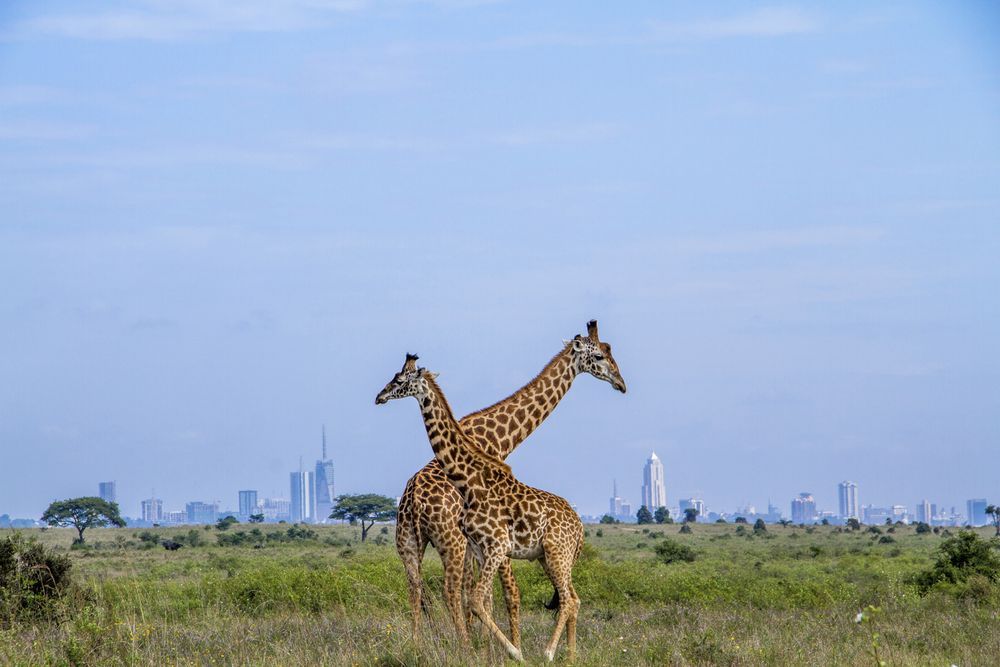 Maasai Giraffes in Nairobi National Park, on the outskirts of Nairobi, Kenya. Photo Credits:Boniface Muthoni/TNC Photo Contest 2017
Maasai Giraffes in Nairobi National Park, on the outskirts of Nairobi, Kenya. Photo Credits:Boniface Muthoni/TNC Photo Contest 2017

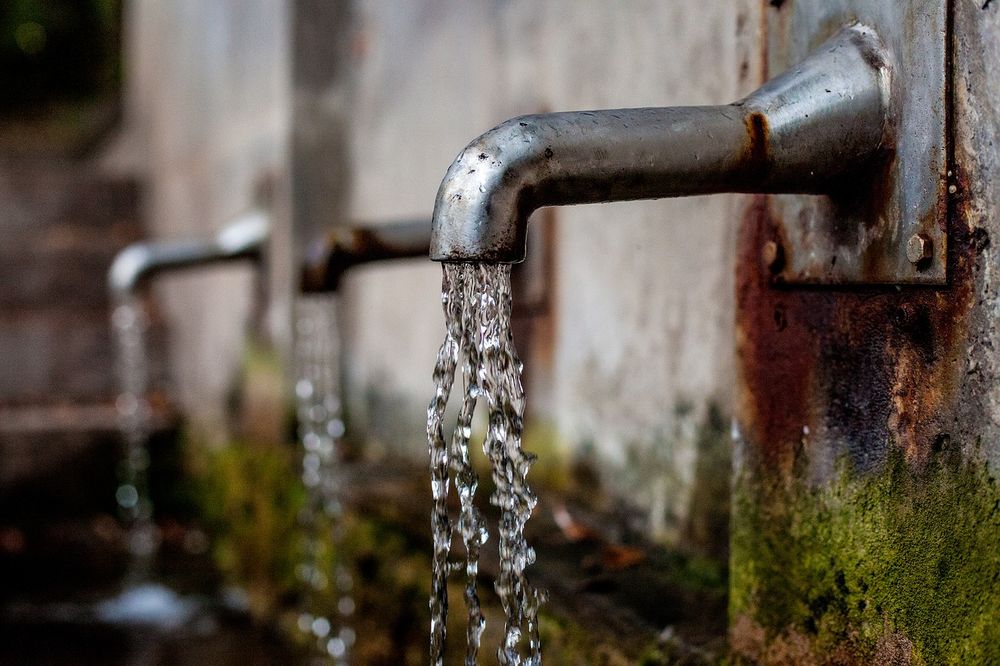 Photo Credits: Pixabay
Photo Credits: Pixabay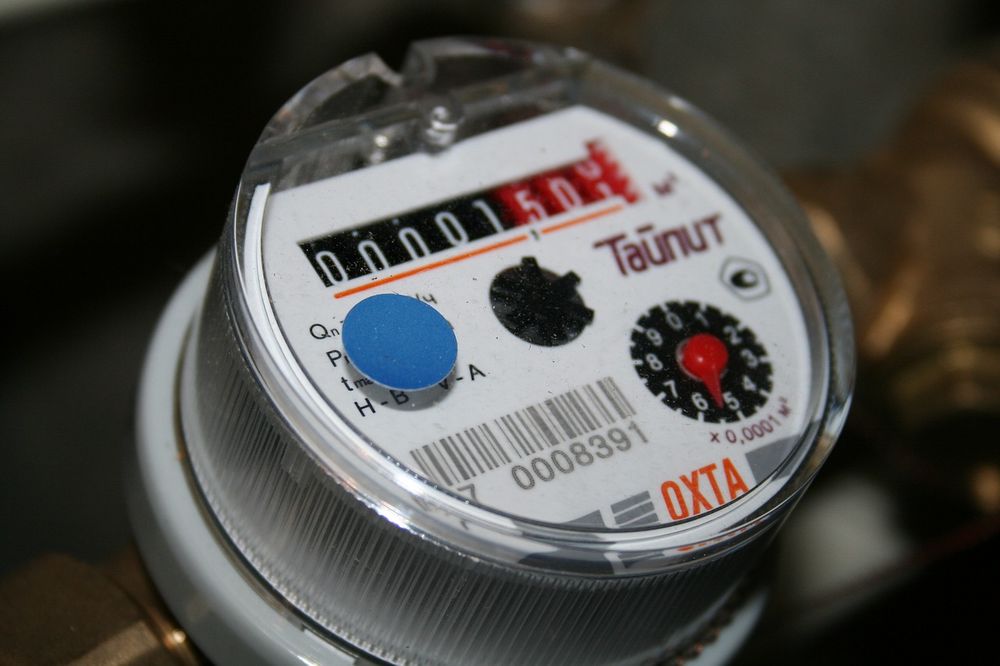
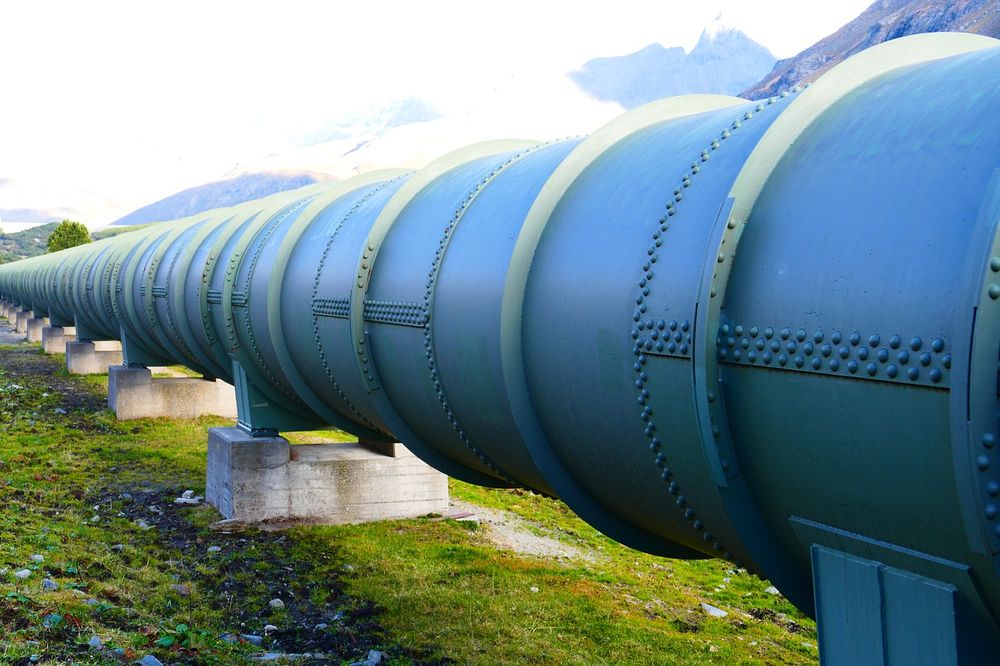 Photo Credits: Pixabay
Photo Credits: Pixabay
